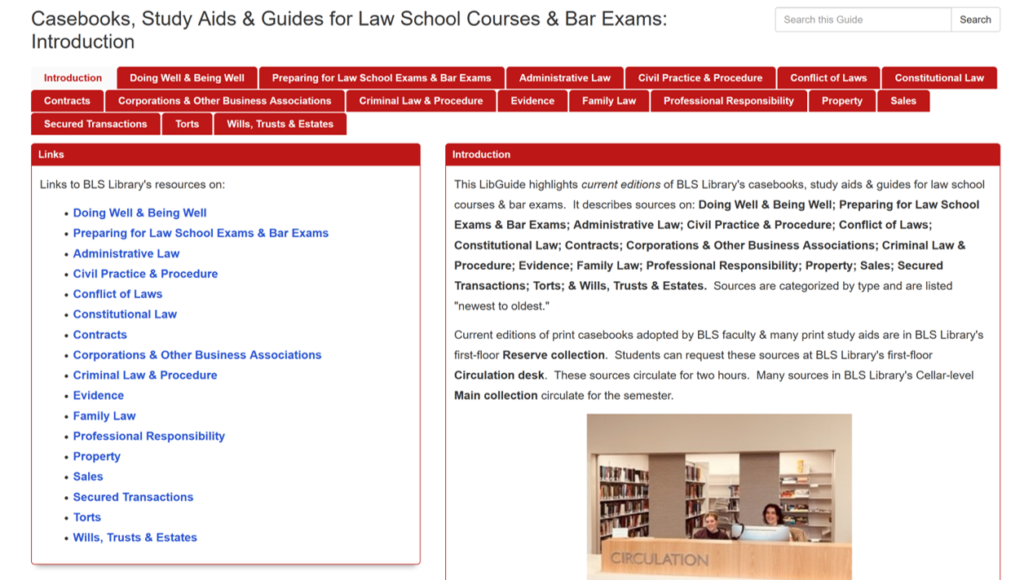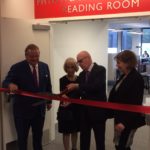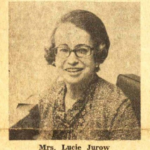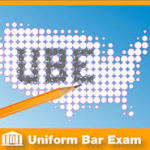An interesting article, The Lawyer, the Addict, in last weekend’s New York Times was written by the ex-wife of a lawyer who died of an overdose. In investigating her husband’s drug use and death, the author found a legal profession with high rates of substance abuse. The article contained good news for law students showing that before they start law school, law students are healthier than the general population, both physically and mentally. Andy Benjamin, a psychologist and lawyer who teaches law and psychology at the University of Washington, says that “They drink less than other young people, use less substances, have less depression and are less hostile.” In addition, he said, law students generally start school with their sense of self and their values intact.
But, in his research, he said, he has found that the formal structure of law school starts to change that. Unfortunately, there is a culture of drinking in the profession that starts in law school. Addicted law students become addicted lawyers. Depressed law students turn into depressed lawyers, unless you get help. Rather than hew to their internal self, students begin to focus on external values, he said, like status, comparative worth and competition. This is where stress over taking the bar exam comes into play.
 By now, students taking bar exams have done the hard work studying. Now it is time to perform. At this point, it is going to be difficult to memorize much more, so now is the time to focus on practice tests and the art of taking the test, the actual process, and your pace. Spend your time wisely – not cramming in more random facts you probably won’t recall anyway. Don’t forget to breathe! Take the time to meditate, so you can clear your head which will allow your thoughts to become better organized. This will serve you well in the week leading up to the bar exam. Start each morning meditating, allowing your brain to be calmed and soothed. Not only will this help in the week before the bar, studies show that people who meditate make better complex decisions. Just what you need to answer the complex bar exam questions! So, when you take the exam, and you read that question that seems to be a trusts and estates question, or wait, is it a dissolution question? Stop, breathe, and think! Allow yourself just a minute to breathe in deep, clear your mind, and breathe out. Re-read the question, and do what you are well trained to do at this point – apply the law! Do this anytime you hit a panic-point during the exam.
By now, students taking bar exams have done the hard work studying. Now it is time to perform. At this point, it is going to be difficult to memorize much more, so now is the time to focus on practice tests and the art of taking the test, the actual process, and your pace. Spend your time wisely – not cramming in more random facts you probably won’t recall anyway. Don’t forget to breathe! Take the time to meditate, so you can clear your head which will allow your thoughts to become better organized. This will serve you well in the week leading up to the bar exam. Start each morning meditating, allowing your brain to be calmed and soothed. Not only will this help in the week before the bar, studies show that people who meditate make better complex decisions. Just what you need to answer the complex bar exam questions! So, when you take the exam, and you read that question that seems to be a trusts and estates question, or wait, is it a dissolution question? Stop, breathe, and think! Allow yourself just a minute to breathe in deep, clear your mind, and breathe out. Re-read the question, and do what you are well trained to do at this point – apply the law! Do this anytime you hit a panic-point during the exam.
 On the day before the exam, relax. It is not the time to hit the other bar. Relax and do something enjoyable. Check out from the Brooklyn Law Library collection the e-book titled The Zen of Passing the Bar Exam by Chad Noreuil, the best supplemental bar exam mindset book written. See a movie, eat a good meal, and understand that a few more hours of study are not going to change much. You are as ready as you are right here, right now. And finally, if you don’t pass the exam, remember that it is not the end of your world. Lots have taken, lots have not passed, and lots have re-taken. They have become amazing lawyers and judges and had fantastic careers. Your test score will not matter forever. The great news is that you can take it again. If the stress is overwhelming and you feel you are at the end of your rope, call the Lawyer Assistance Program in your state. They are trained to meet with you and will try to help you through the rough patch. If more professional help is needed, they will guide you. If during your exam preparation you find yourself becoming overwhelmed, take a minute (HALT) and think about whether you are also experiencing hunger, anger, loneliness, or tiredness. If so, you have permission to attend to your self-care and try to remediate the negative feelings. Taking a break, accepting your feelings and needs, and attending to self-care will likely make you more productive overall.
On the day before the exam, relax. It is not the time to hit the other bar. Relax and do something enjoyable. Check out from the Brooklyn Law Library collection the e-book titled The Zen of Passing the Bar Exam by Chad Noreuil, the best supplemental bar exam mindset book written. See a movie, eat a good meal, and understand that a few more hours of study are not going to change much. You are as ready as you are right here, right now. And finally, if you don’t pass the exam, remember that it is not the end of your world. Lots have taken, lots have not passed, and lots have re-taken. They have become amazing lawyers and judges and had fantastic careers. Your test score will not matter forever. The great news is that you can take it again. If the stress is overwhelming and you feel you are at the end of your rope, call the Lawyer Assistance Program in your state. They are trained to meet with you and will try to help you through the rough patch. If more professional help is needed, they will guide you. If during your exam preparation you find yourself becoming overwhelmed, take a minute (HALT) and think about whether you are also experiencing hunger, anger, loneliness, or tiredness. If so, you have permission to attend to your self-care and try to remediate the negative feelings. Taking a break, accepting your feelings and needs, and attending to self-care will likely make you more productive overall.







 By now, students taking bar exams have done the hard work studying. Now it is time to perform. At this point, it is going to be difficult to memorize much more, so now is the time to focus on practice tests and the art of taking the test, the actual process, and your pace. Spend your time wisely – not cramming in more random facts you probably won’t recall anyway. Don’t forget to breathe! Take the time to meditate, so you can clear your head which will allow your thoughts to become better organized. This will serve you well in the week leading up to the bar exam. Start each morning meditating, allowing your brain to be calmed and soothed. Not only will this help in the week before the bar, studies show that people who meditate make better complex decisions. Just what you need to answer the complex bar exam questions! So, when you take the exam, and you read that question that seems to be a trusts and estates question, or wait, is it a dissolution question? Stop, breathe, and think! Allow yourself just a minute to breathe in deep, clear your mind, and breathe out. Re-read the question, and do what you are well trained to do at this point – apply the law! Do this anytime you hit a panic-point during the exam.
By now, students taking bar exams have done the hard work studying. Now it is time to perform. At this point, it is going to be difficult to memorize much more, so now is the time to focus on practice tests and the art of taking the test, the actual process, and your pace. Spend your time wisely – not cramming in more random facts you probably won’t recall anyway. Don’t forget to breathe! Take the time to meditate, so you can clear your head which will allow your thoughts to become better organized. This will serve you well in the week leading up to the bar exam. Start each morning meditating, allowing your brain to be calmed and soothed. Not only will this help in the week before the bar, studies show that people who meditate make better complex decisions. Just what you need to answer the complex bar exam questions! So, when you take the exam, and you read that question that seems to be a trusts and estates question, or wait, is it a dissolution question? Stop, breathe, and think! Allow yourself just a minute to breathe in deep, clear your mind, and breathe out. Re-read the question, and do what you are well trained to do at this point – apply the law! Do this anytime you hit a panic-point during the exam. On the day before the exam, relax. It is not the time to hit the other bar. Relax and do something enjoyable. Check out from the Brooklyn Law Library collection the e-book titled
On the day before the exam, relax. It is not the time to hit the other bar. Relax and do something enjoyable. Check out from the Brooklyn Law Library collection the e-book titled 

 In Constitutional Law courses law students at BLS and throughout the country learn that the decision by Chief Justice John Marshall in
In Constitutional Law courses law students at BLS and throughout the country learn that the decision by Chief Justice John Marshall in 